I can still vividly recall sitting in my office or at my kitchen table sometime during the 2020 COVID lockdown, writing out my book and puzzling over different aspects of it. In my mind's eye, I am trying to remember a certain fuzzy detail from the past or wrestling with how to organize a chapter in a way that both tells a story and makes sense within the overall narrative.
Suddenly, in the middle this, my thoughts leap forward a few months in time to a point when the book has been published and is available in bookstores. I then come to the sober realization of what I'm actually doing. I am not just doodling in my kitchen for my own amusement. Someday soon, this text will exist as an actual book. Real people will buy it and read it. That thought -- momentarily at least -- fills me with terror.
My biggest worry as I was writing Čas proměn was that readers wouldn't "get" the book or understand what I was trying to do with it. After all, judging from the title and cover, it looks pretty much like any other standard historical account of the period around the 1989 Velvet Revolution (of which there are already several on the market). A typical buyer might well expect to find loads of carefully selected footnotes and citations that document a clear line of historical development that led to the anticommunist revolutions and what came after.
But that was not at all the book I was writing – and I was worried that at least some readers might be disappointed. Throughout the researching and writing process, I was keenly aware that I was not a trained historian. With that in mind, I tried to tie the narrative as closely as possible to my own personal experiences. To help make the text more readable and relatable, I used plenty of humor and self-deprecation. While I certainly tried to make deeper points about Czechoslovakia's (and the Eastern bloc's) historic transformation, I worried that readers might find the approach to be too lightweight or lighthearted. Čas proměn definitely belongs to the broader category of “historical nonfiction,” but it’s a genre-bender of a book. Journalist Veronika Bednářová came closest to the spirit when she described Čas proměn as “part biography, part travel tale and part detective thriller” in her review for the Czech weekly magazine, “Reflex.”
I was also concerned the book might contain inadvertent factual errors – wrong dates or misspelled names – that would mar its reception on the market. It’s hard to write 300 pages and not get something wrong. Allen Ginsberg’s name, to cite one example, appears several times in the book and it’s deceptively easy to misspell. After the first draft of the book went to the publishers, I’d wake up in a cold sweat on some nights wondering whether I’d rendered the name somewhere as “Alan” or “Ginsburg.” Thankfully, that didn’t happen – though I did manage to misspell the name of an old friend, John Allison, which appeared in early drafts – as “Alison.” I’m sure there are several errors in the book that managed to get through somehow (and I simply don't know about them), but thankfully we caught that one before the book went to print.
This particular worry about factual errors was compounded by the fact that I wrote the book in English and it was translated into Czech. When a work is translated it becomes as much the translator’s creation as it does the author’s. Though my translator, Eva Kadlecová, turned out to be very talented (and readers have gone out their way to praise the quality of the translation), there was always the possibility she might misunderstand or mistranslate something I wrote. English is rife with words and phrases that have multiple meanings and idioms that don’t always have natural Czech equivalents. Once we had a preliminary Czech draft, I and my editor at Albatros, Jan Dvořák, went through the text with a fine-tooth comb to identify any potential miscommunications. We didn’t find many.
To give you a brief idea, though, of the potential landmines lurking on every page, I’ll reveal one minor mistranslation that in retrospect still makes me chuckle. In one of the chapters, I wrote about a Czech-language course I attended in Brno in 1988. In the English original, I noted that I had developed a “crush” on one of the other participants, a woman from West Germany. The word “crush” is difficult to translate and means something like that I had developed romantic feelings for that person or that I “liked” her. Eva naturally translated the word in Czech as “zamilovaný,” which is closer to the sense of “falling (deeply) in love.” It was a stronger emotion than I intended (and would have truly surprised the object of my crush).
When I wasn’t worrying about all the things that could possibly go wrong, I worried about what would happen if things went well. What if the book turned out to be a hit and I was asked to do TV or radio interviews or hold public readings in Czech? My spoken Czech is serviceable, but I wasn’t entirely sure I would be able to sit under the hot lights of a TV studio and wax lyric about the fall of communism or the rise of Havel (or any other deeper topic for that matter). In the end, I was lucky enough to be able to do several of those kinds of interviews, but thankfully (and I’m not proud to admit it), the journalists allowed me to express my thoughts in English (which were then translated into Czech). (I wrote about the interviews and included links to the sources here and here.)
That language thing really got into my head (and I kicked myself more than a few times for not having paid more attention to my lessons in Brno or worked harder over the years at perfecting my spoken Czech). As I was writing and thinking ahead, I even fretted over what kind of Czech-language dedication I would sign in readers' books when they asked for an autograph (admittedly a much simpler task). In English, I would likely jot down something like “thank you for buying the book” or “I hope you enjoy it,” but I didn’t know whether Czech authors had their own salutation for this type of situation. I asked around with other writers and found out they actually don’t. In practice, I’ve been relying on some version of “Doufám, že se vám kniha líbí” (“I hope you like the book.”)
I only got into hot water once in this whole book-signing thing. That one involved one of my former Czech instructors, a very nice woman who attended a public reading (in English) at The Globe Bookstore & Café in Prague shortly after the book was published. My teacher told me she enjoyed reading Čas proměn (which made my day) and then asked me to sign her copy of the book – which I was more than happy to do. As she had already read it, the “I hope you like it” script wasn’t really appropriate, so I decided to freelance. Instead of sticking to a straightforward “Thank you” or “Best wishes,” I wrote an enthusiastic “Dobrá práce!” -- “Good work!” My point was to jokingly commend her for her "good work" in training a student (me) who went on to publish something in Czech. Of course, she was flummoxed by the dedication and later asked one of our mutual friends what I meant by it. Autograph fail.
Looking back over the past 12 months, thankfully, none of these worst-case scenarios came to pass. In fact, I’ve been heartened by the largely positive response the book has gotten from the Czech and Slovak press and especially from individual readers. Not every review or opinion has been uniformly positive. That would have been unrealistic and maybe not even all that desirable (it’s good when people push back because it means they’re sufficiently invested in the story to take it seriously). On balance, though, people seem genuinely to enjoy the book and understand what I was trying to say with it.
It’s proven to be particularly popular among parents of my friends – people who were well into adulthood by the time the 1980s rolled around and who would be able to identify first-hand with my descriptions. Several times now I’ve heard some version of the same story from a friend or buyer of the book that they had started to read Čas proměn, but then their mom or dad snatched it from their hands and they haven’t been able to get it back since.
The Czech edition of Čas proměn was of course only ever intended to be a first step. An English-language version of the book, to follow, was always in the cards. I had hoped to have that English version ready by this summer (and it’s still going to happen sometime soon), but as they say, something came up. When you write a book, you try to anticipate many things – both the good and bad – but some things you can’t ever foresee.
Late last year, I discovered – to my complete surprise -- that the Czechoslovak secret police, the StB, had surveilled me without my knowledge during the 1980s, when I worked as a Western journalist and traveled for my job to Prague and other cities in the Eastern bloc. I got the news from a researcher at the Prague Institute of Military History who had read my book and decided to search through the old intelligence archives on my behalf. Indeed, he discovered that I actually have an extensive surveillance file. I had suspected this might be the case, but I was never sure.
Over the decades since 1989, I’ve submitted several formal requests to the authorities in Prague to ask if they had a file on me -- only to be told each time (until now) that they did not. I always figured I wasn’t important enough for the secret police to bother with or whatever materials they collected on me had long ago been shredded in a purge of the archives after 1989. And that’s exactly what I wrote, in good faith, in Čas proměn. Well, it turns out I was wrong.
I spent the early months of this year translating and pouring through dozens of pages of materials in my file. There was some jaw-dropping stuff in there. I began the process of organizing the files and preparing a series of blog posts to present the story. Then came Russia’s war in Ukraine at end of February, which suddenly shifted my attention (and everyone else’s) to the catastrophic events taking place practically across the border. In April, I got Covid, which took me out of commission for almost a month. After that I traveled home to visit family in Ohio, and now I’m back, temporarily, working again as a full-time travel writer to pay the bills.
As of this moment, I promise an update is coming, but I can’t yet tell you when. Believe me, though. I think you'll find it worth the wait.
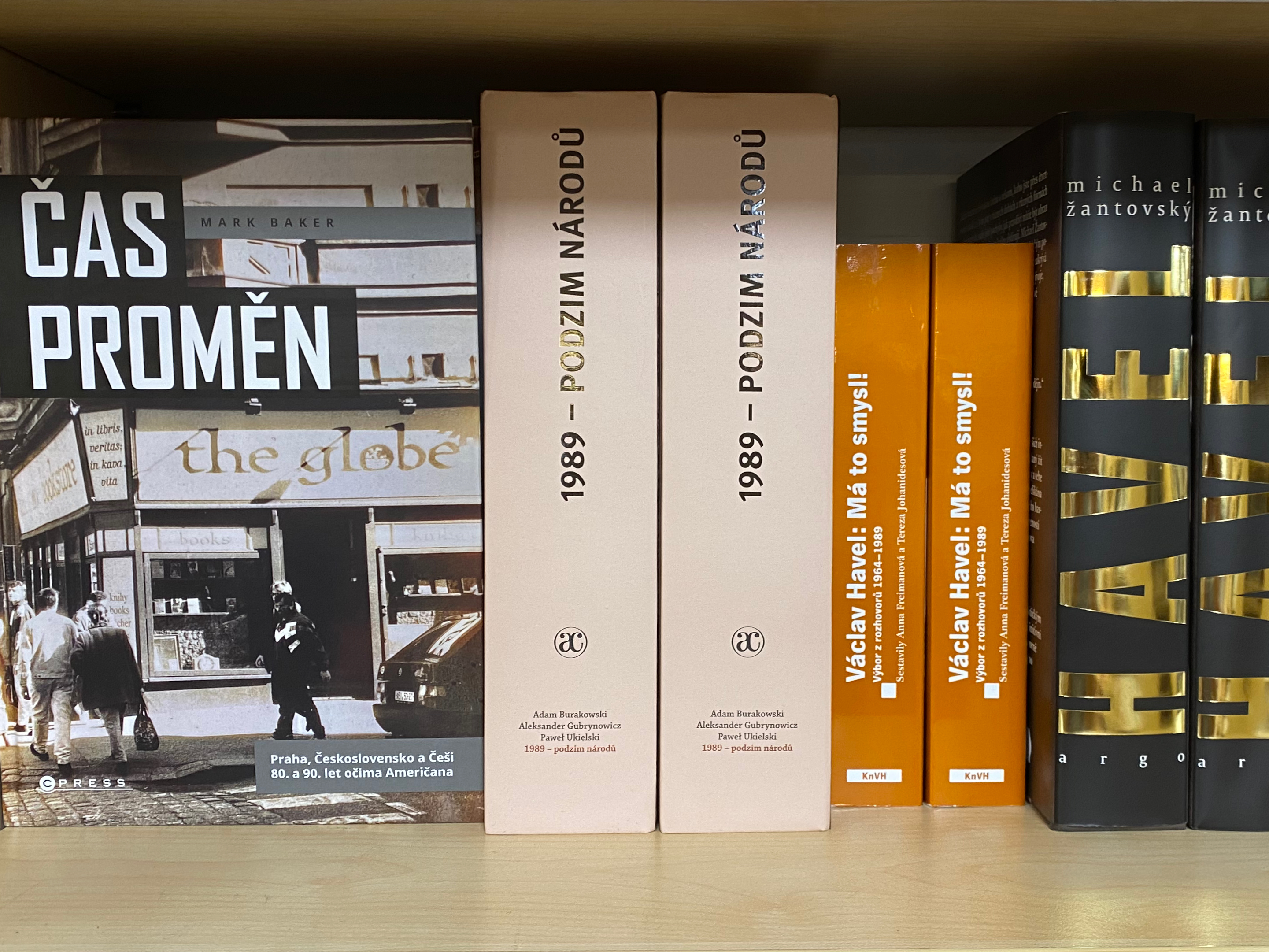
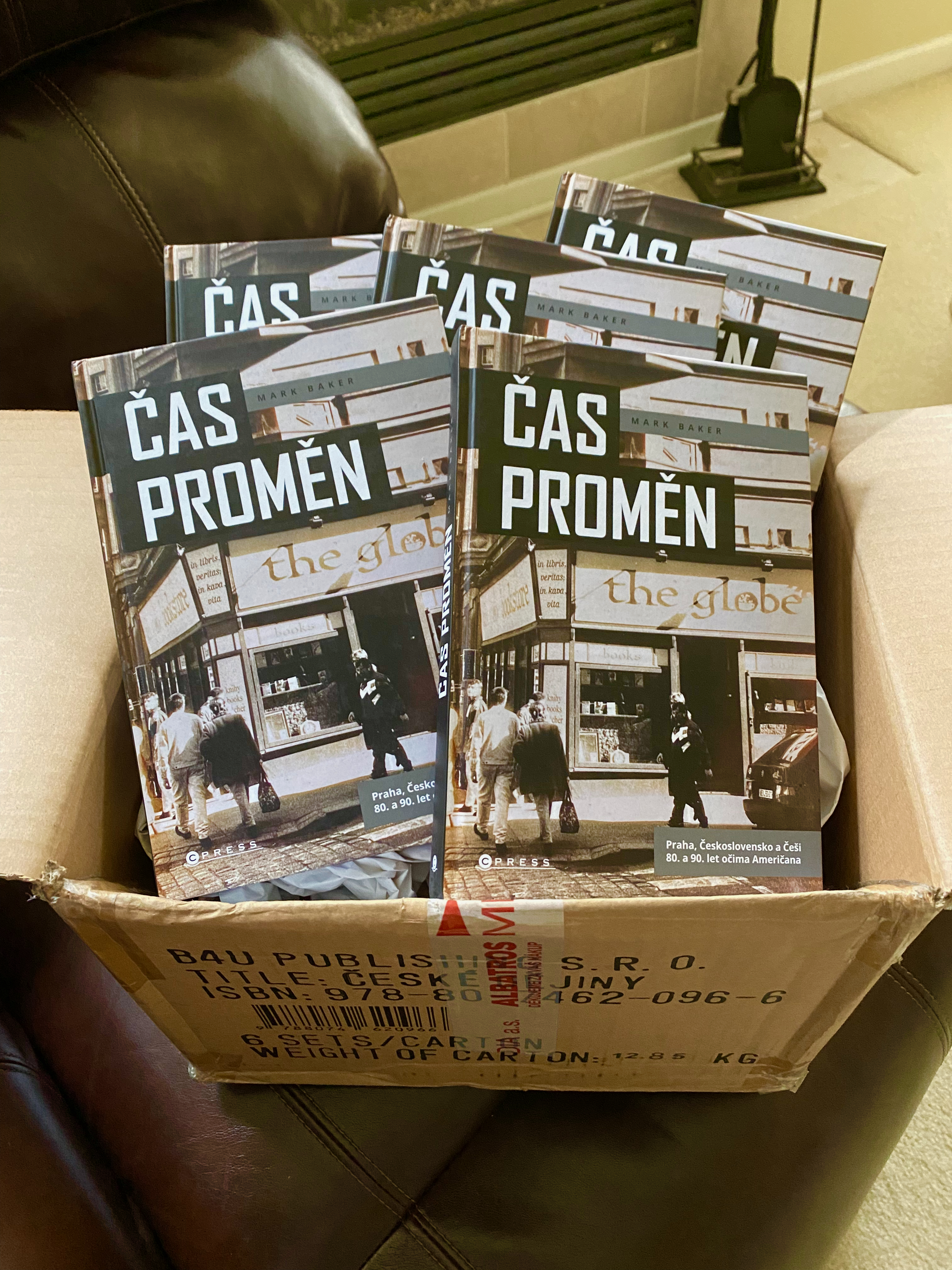

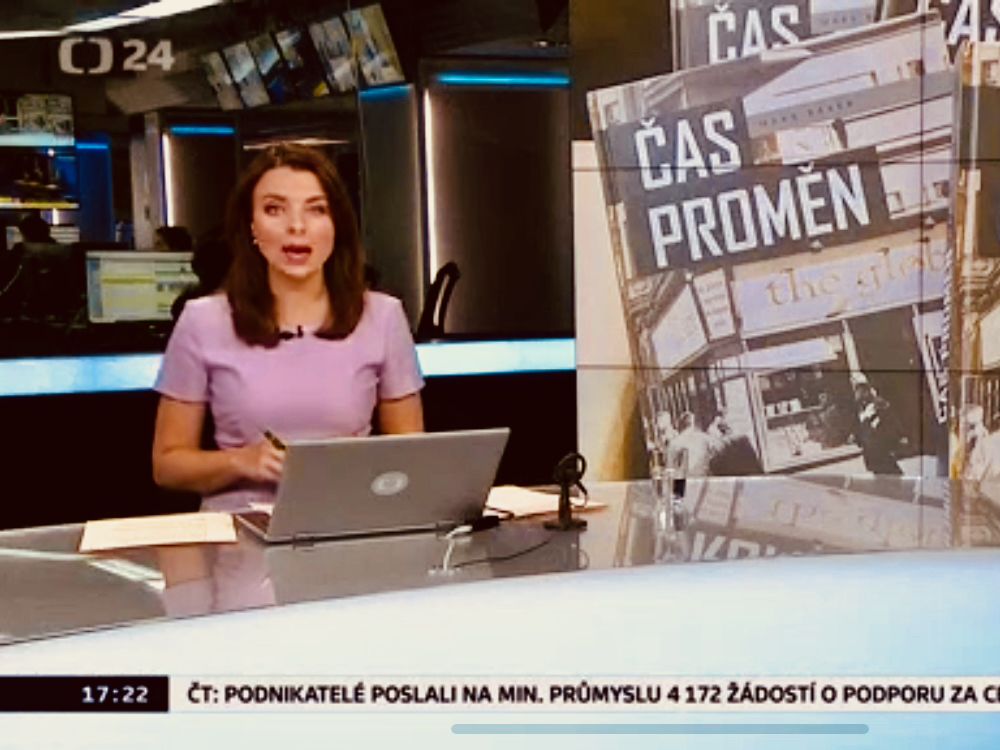
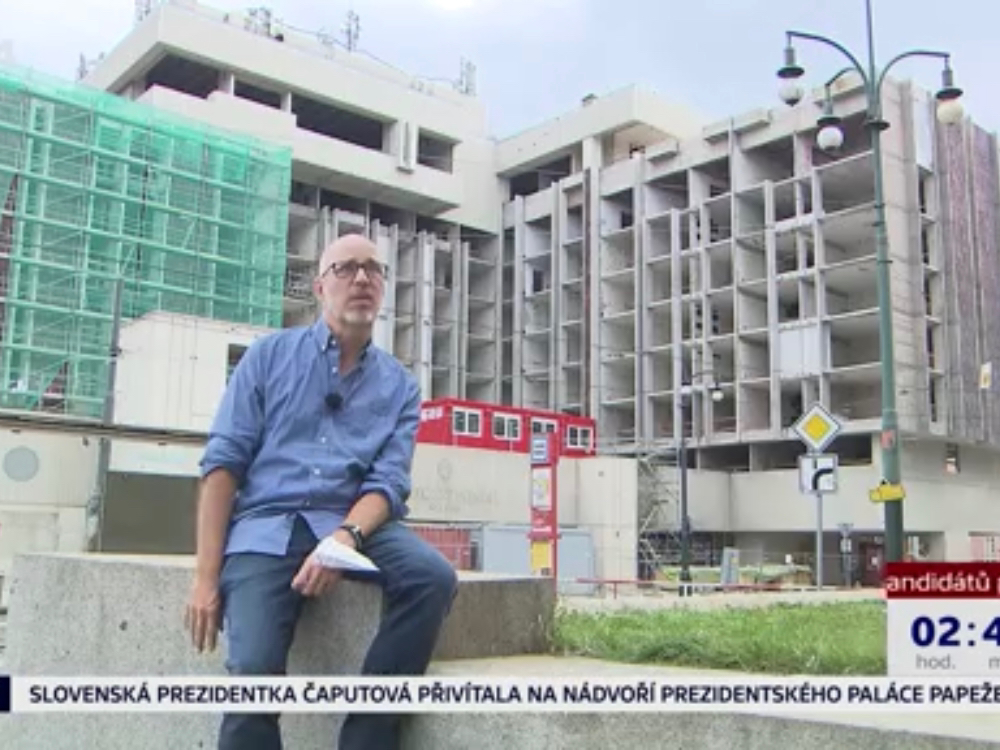

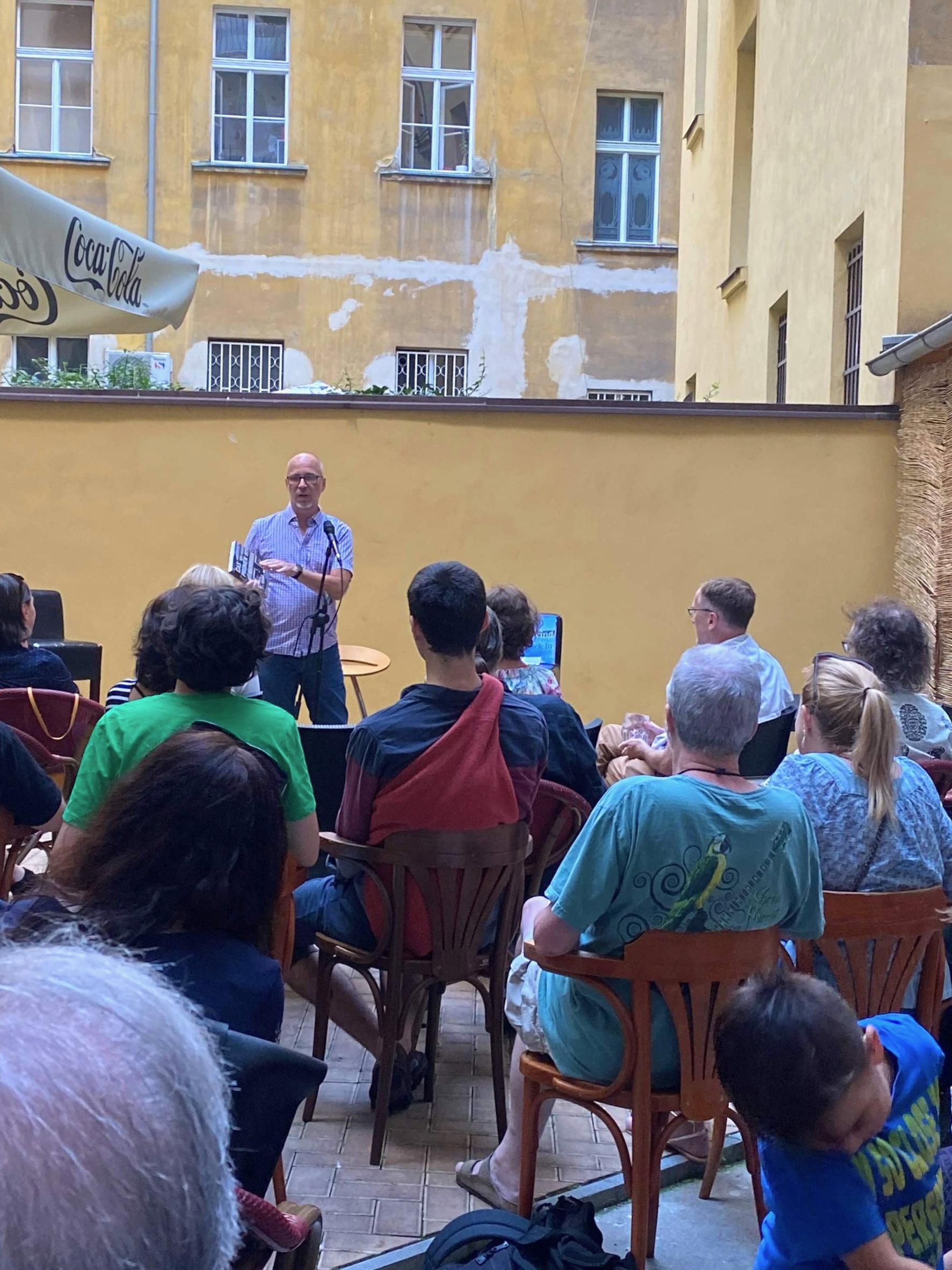
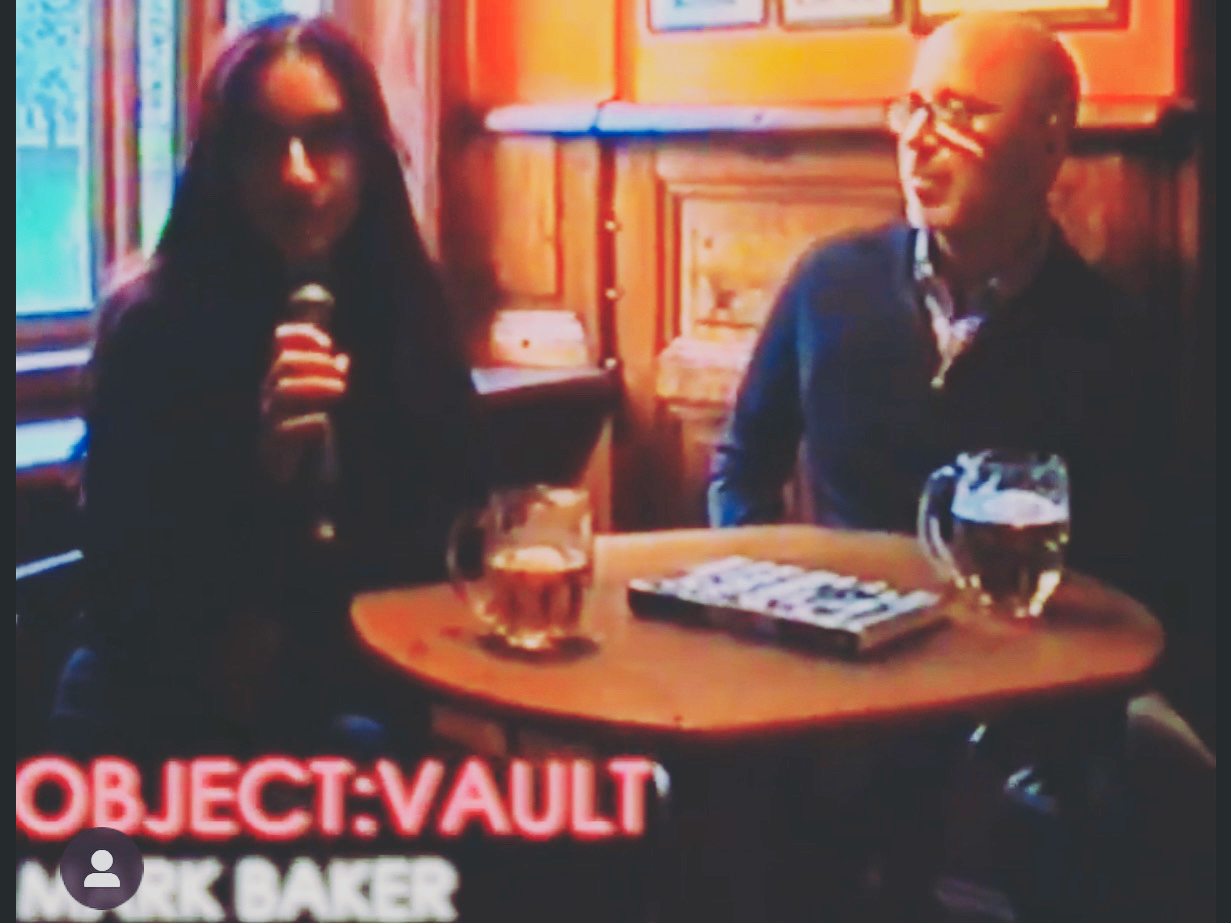

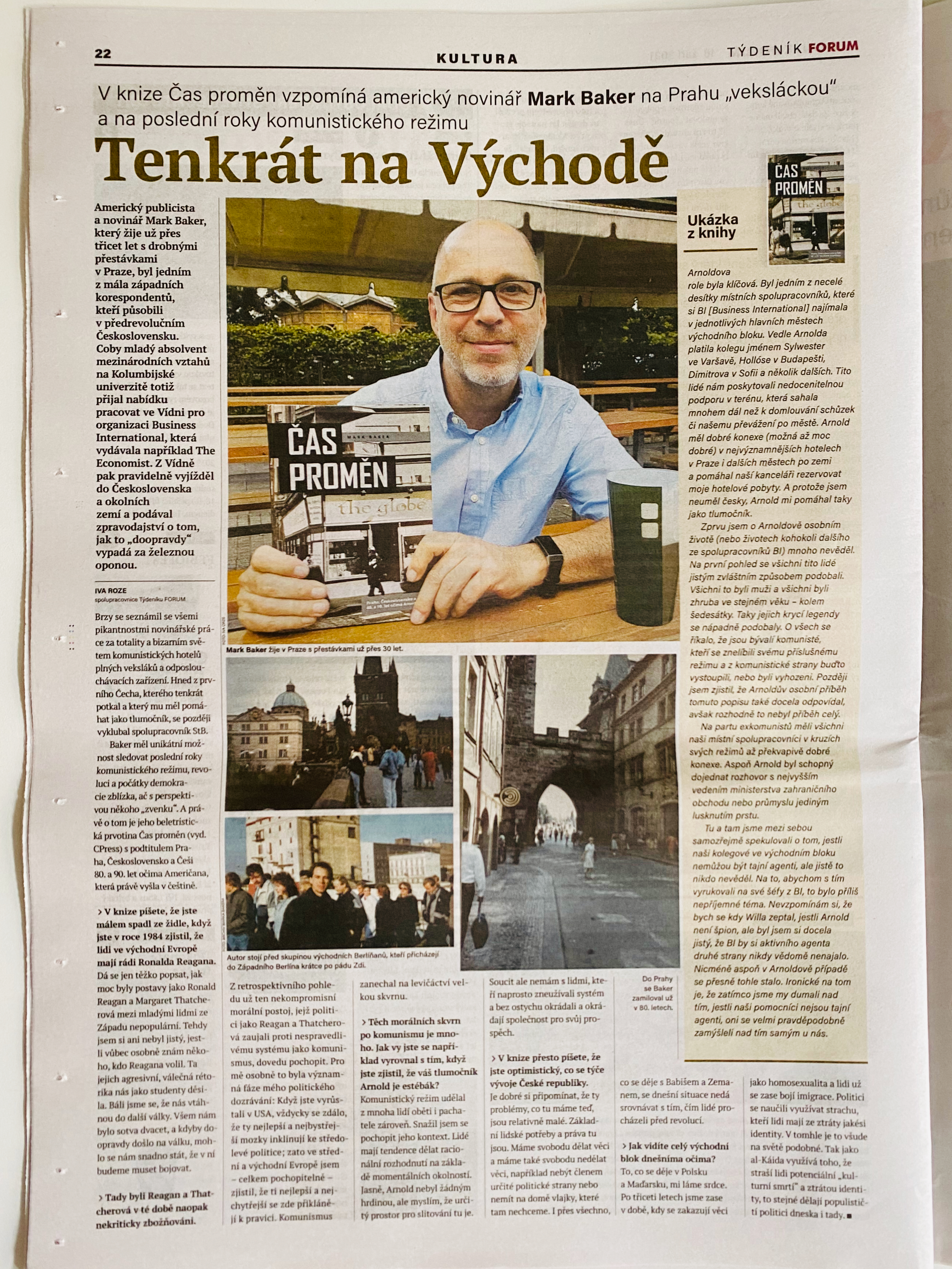

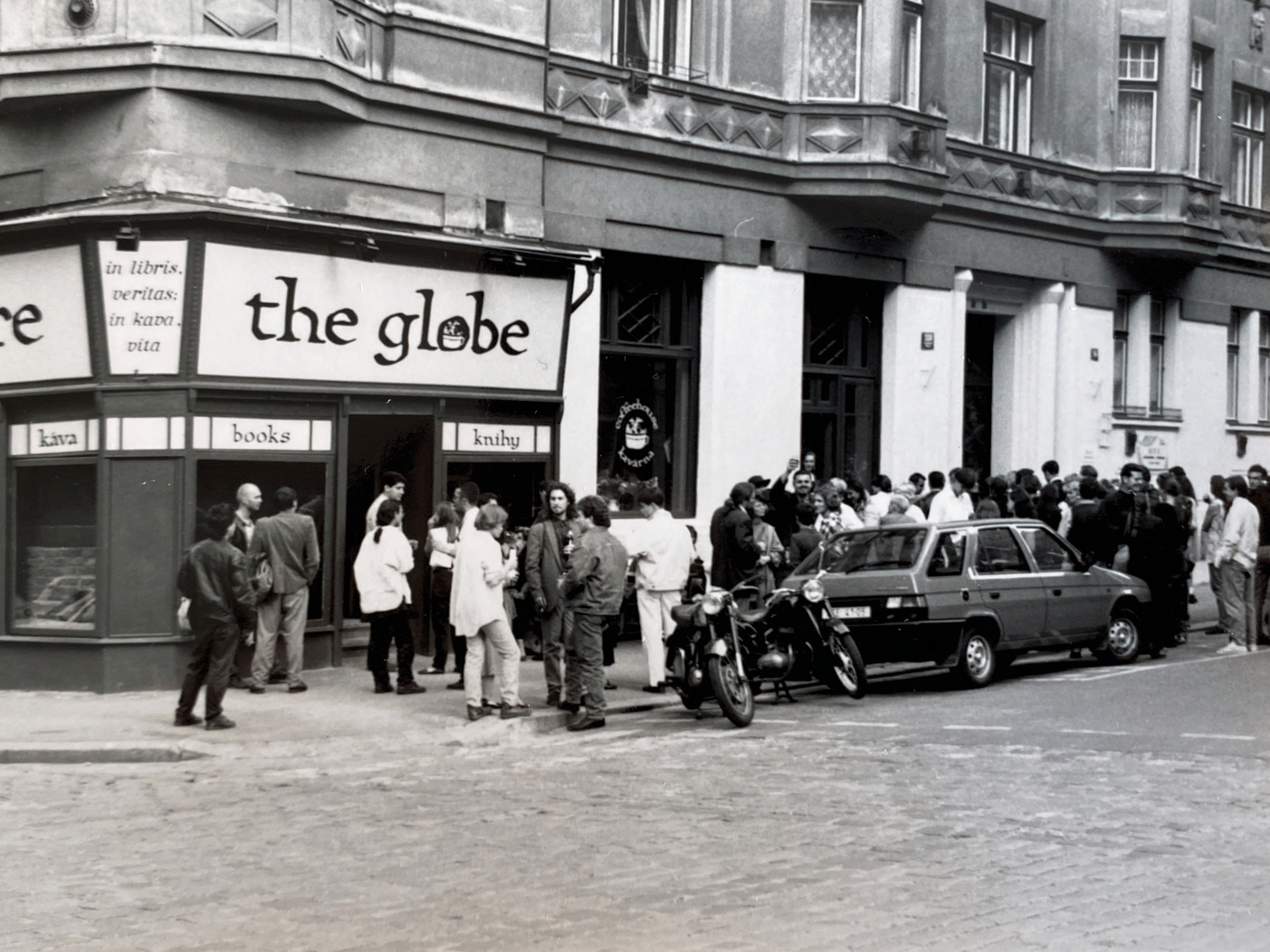
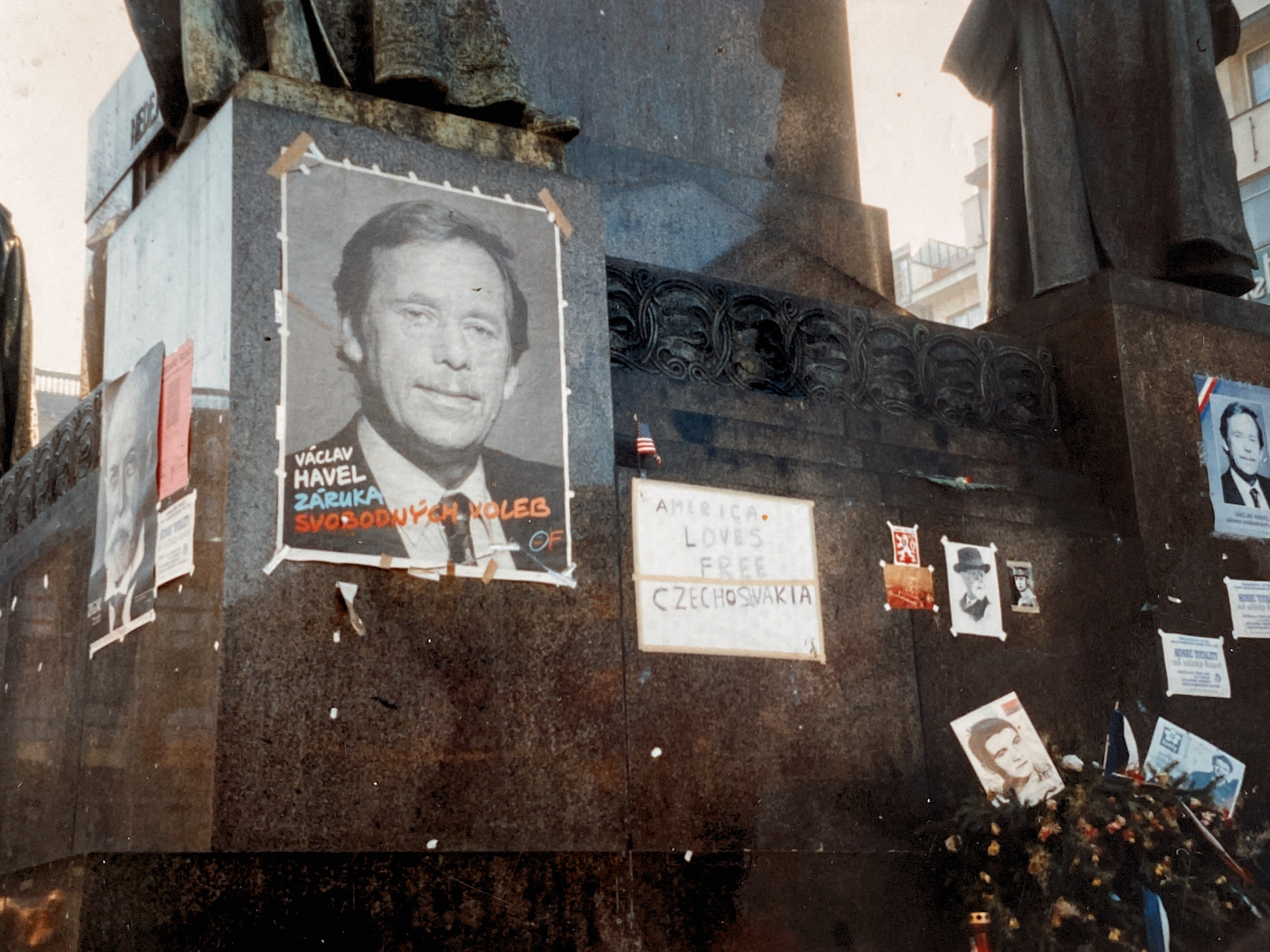

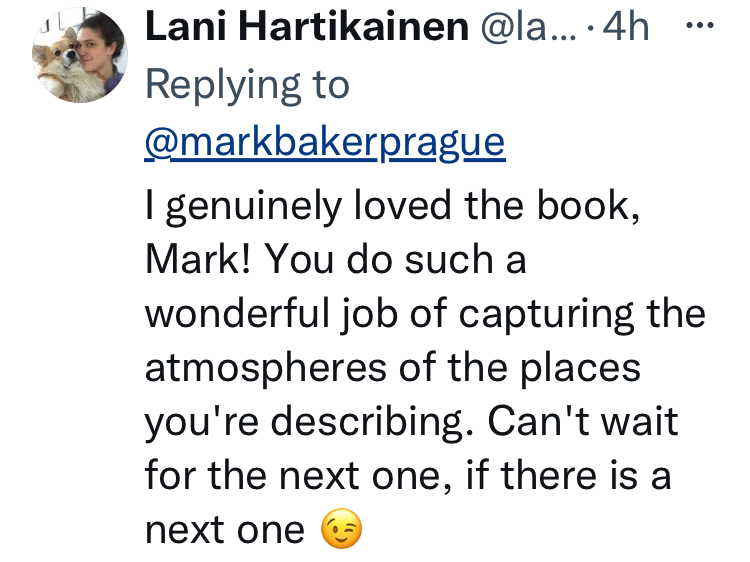

Waiting ….
:)))